How historic homes in the Borders have been changed by Covid
- Published
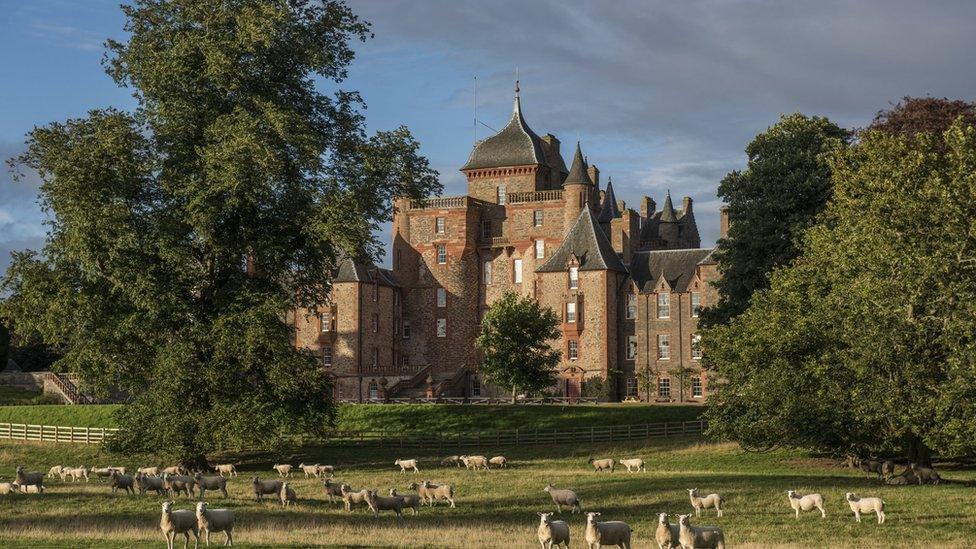
Thirlestane Castle is one of many historic homes across the Borders
The historic homes of the Scottish Borders have long been a visitor attraction for the area.
However, like many businesses, they struggled through the Covid pandemic and resulting restrictions.
It has seen them look at ways to "pivot" their operations - particularly using their outdoor spaces and grounds.
They are also hoping to capitalise on the trend which saw many people holiday or try out experiences much closer to home than in years gone by.
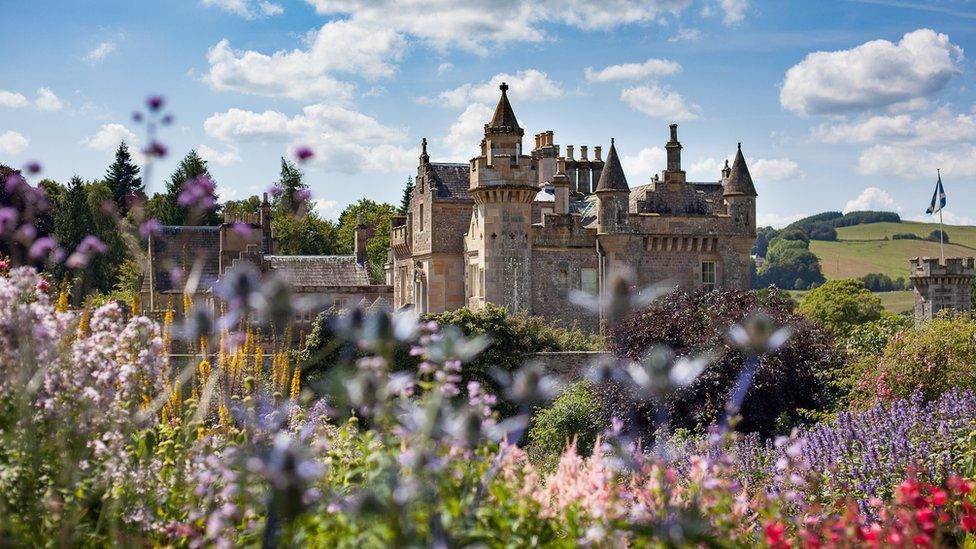
Hundreds of thousands of people visited the grounds of Abbotsford House during Covid restrictions
Since lockdown, Abbotsford House - the former home of Sir Walter Scott - has experienced an increase in visitors accessing the estate and walks.
Visits to the grounds peaked at 218,000 in 2020 at the height of the pandemic - compared with just 80,000 the previous year.
That figure was sustained last year at just short of 200,000 visits.
They have been looking at ways to expand their outdoor offering to build on that.
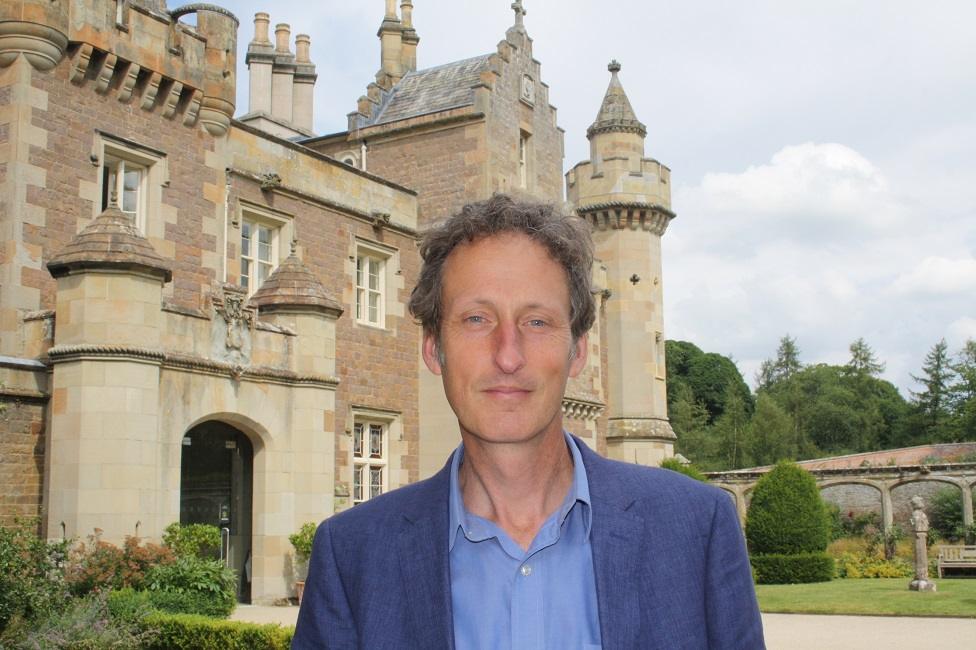
Giles Ingram said the pandemic had led to a change of focus at the former home of Sir Walter Scott
Chief executive Giles Ingram said: "The impact of the pandemic led us to shift Abbotsford's focus to further attract family audiences as well as making the most of our amazing outside spaces as interest in outdoor family experiences increased.
"This has resulted in a number of exciting new events and experiences from ScottFest, our living history family festival, to Father Christmas visits and most recently our permanent Witch Corner sculpture trail.
"This is a unique offer in the Scottish Borders and a new way to experience Sir Walter Scott's storytelling which we hope will be popular with visitors to the region and local communities alike."
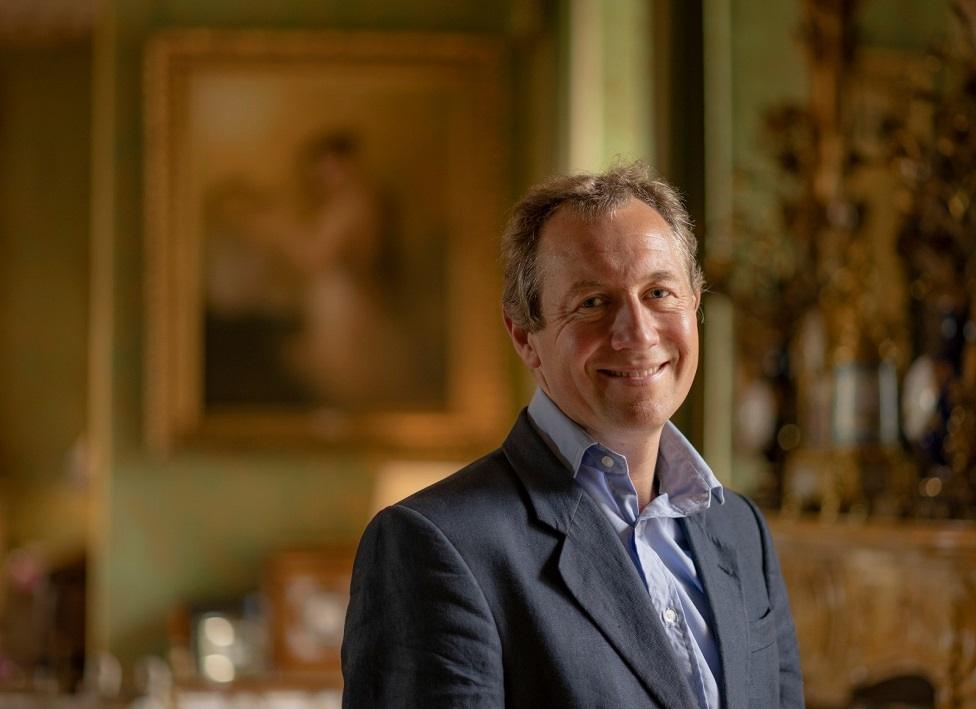
Edward Maitland-Carew said Thirlestane aimed to provide a "once-in-a-lifetime" visit
At Thirlestane Castle in Lauder, horse-riding holidays were introduced in 2021 as people looked for new experiences on their doorstep.
As travel restrictions have eased, they are looking to help put southern Scotland on the global map as an equestrian destination.
Edward Maitland-Carew, from Thirlestane Castle, said: "We believe that there is a renewed desire for people to travel the world and discover new experiences that are unique, authentic, and unforgettable following the Covid pandemic.
"Our guests are searching for that once-in-a-lifetime trip.
"The Borders has a strong equine history from the common riding and rivers week celebrations, this makes it a particularly attractive area of Scotland for those with a love of horses."
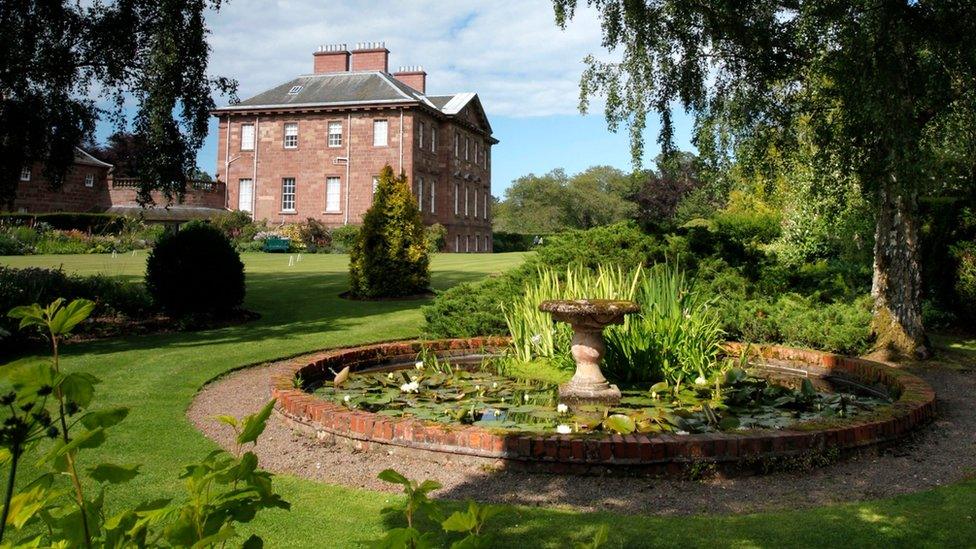
Paxton House has expanded its caravan park to encourage more people to come and stay
At Paxton House, on the banks of the River Tweed, they offered a "safe and well-managed space" for locals to explore during Covid.
Now visitors are coming from further afield after facilities were expanded over the past two years.
Hermione Hoffmann, chief executive of the Paxton Trust, said: "The expansion of our caravan park has been really successful and means that when families are coming to stay, they are also using the playpark, tearoom, shop, woodland trails and events taking place at Paxton House.
"They are coming for the weekend and experiencing everything Paxton House and our beautiful region has to offer.
"This is also having a knock-on effect on the local village, supporting the local pub and other businesses nearby, it is not just Paxton House benefiting, but also the local economy."
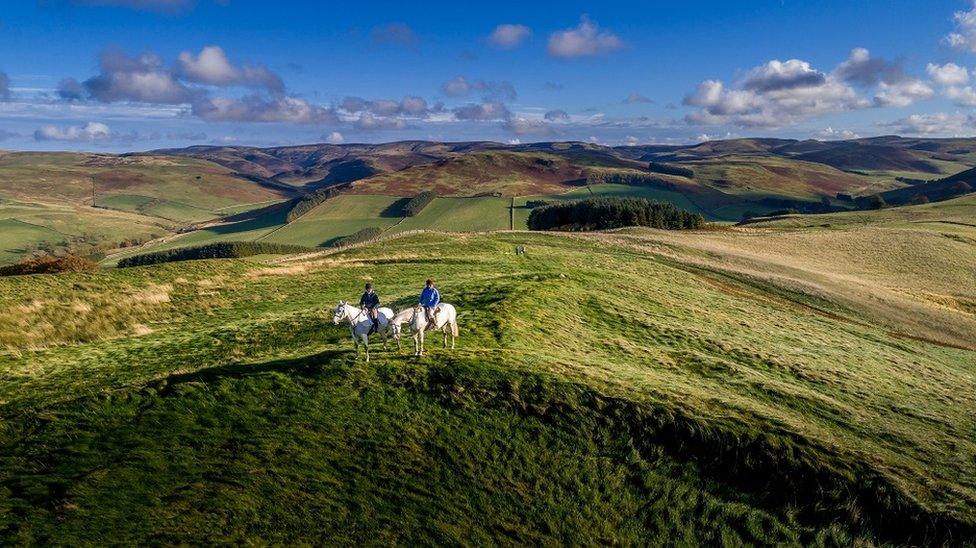
Equestrian tourism is another growing area after the pandemic
VisitScotland destination development director Annique Armstrong said the historic houses had shown "real creativity and innovation to help attract new visitors".
"We know that one in three visitors to Scotland cite history and culture as a reason to visit and, in recent years, we have seen a growing trend for people seeking authentic outdoor experiences," she said.
"These ancestral locations in the Scottish Borders are steeped in local history and through the development of new experiences and products they are helping to bring more visitors to the region."